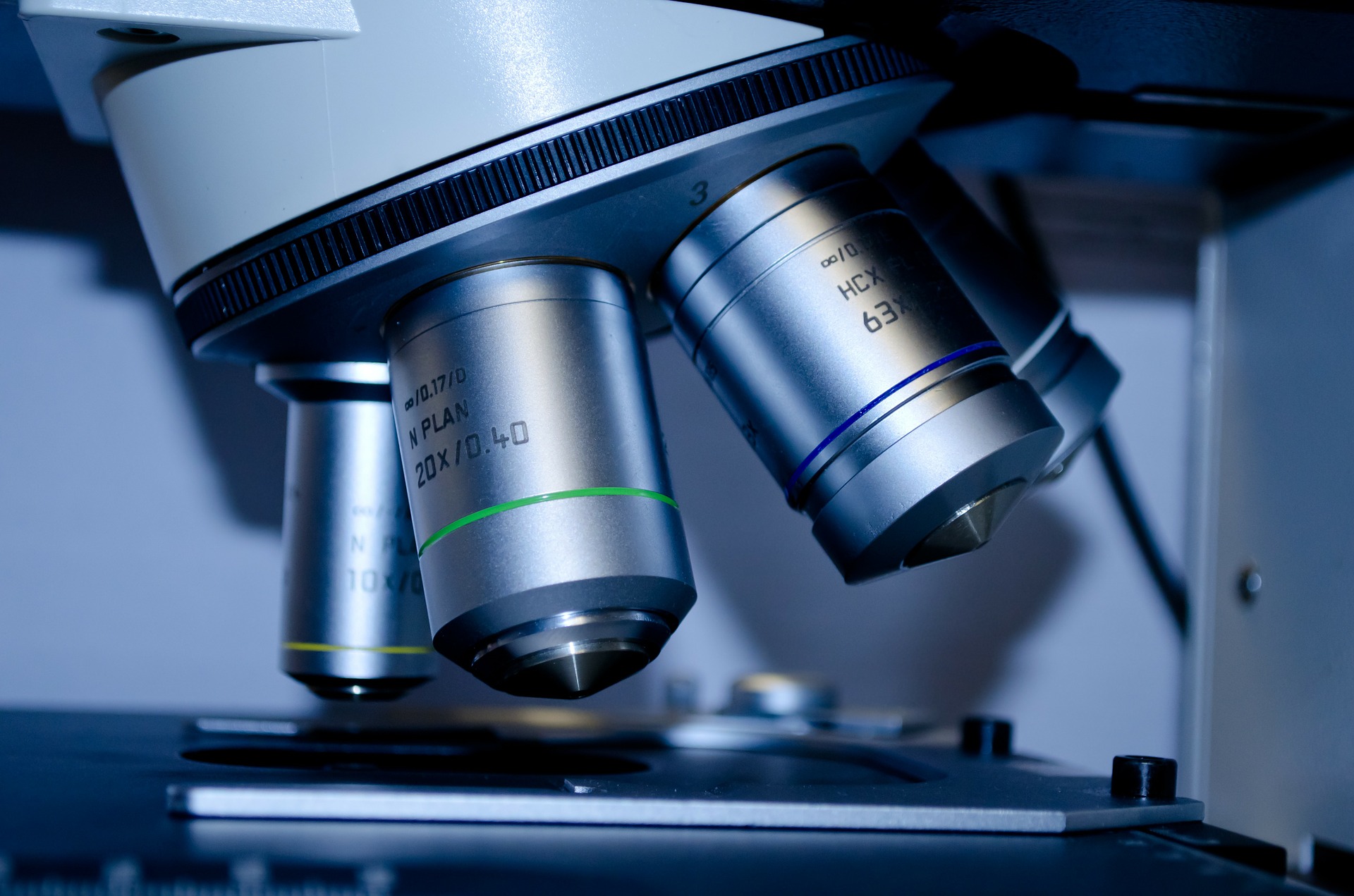- The Journal of the American Medical Association (JAMA) has just reported an interesting shift in end-of-life interventions offered to patients in European Intensive Care units over the past 17 years: withholding life-prolonging therapy and withdrawing of life-prolonging therapy increased by 10% and 14% respectively. The proportion of women patients was roughly the same (about half) over the whole period, but the patients in the 2015-2016 group were 3 years older on average (a significant difference) compared to previous years.
- Reproductive technology for same-sex parents may soon be a reality; although 74%of American adults are parents, only 35% of the LGBT community are parents, although 51% of them would like to have children. While in vitro fertilization and surrogacy offer partial genetic relatedness, new techniques may make specially prepared stem cell-generated pregnancies possible for generating embryos of two mothers or two fathers possible. So far, success has been limited in mice, but techniques are improving and human embryos may be prepared successfully from homosexual couples.
- Two Chinese groups report successfully maintaining monkey embryos for 20 days in a dish, besting the US report of 13 day survival of human embryos. The US terminated the experiment after this time because the international community has banned maintaining human growth for more than two weeks; monkeys, our close relatives, are therefore very useful for an improved understanding of early human development. Importantly, the type and characteristics of the cells of these embryos were virtually identical to normal embryonic development.
- The problem of drug resistant bacteria is significant: the CDC reports that almost 3 million infections and 35,000 deaths a year are caused by the “deadly superbugs”. The Washington Post reports that on average, an American gets an antibiotic-resistant infection every 11 seconds and every 15 minutes, someone dies.18 antibiotic resistant bugs take on humans and of these, 5 are the most frequent, including the dreaded c. dificile, (the cause of drug resistant gonorrhea), and the carbapenem-resistant Enterobacteriaceae (CRE) which are resistant to all or nearly all antibiotics and which kill half of patients infected with them.
- The New York Times has just reported another terrifying intervention by the Trump administration into the activities of the Environmental Protection Agency: a new proposal to require scientists to disclose all of their raw data including confidential medical records in preparing their reports. This proposes a real problem to documenting threats to health, because many studies detailing links between pollution and disease rely on personal health information gathered under confidentiality agreements. The results could significantly change our ability to report the levels of hazardous smog in the area, lead in patient and mercury in water, among other pollutants.
- A fascinating new idea being worked on by teams at MIT and the Virginia Commonwealth University will drastically change the way we obtain the drugs we use to treat patients; Nature magazine reports a briefcase furnished with all the ingredients of commonly used medications that can be made by the user: one inventor’s do it yourself drug kit is called Bio-MOD; several versions of the idea have been backed by the US military.
- Spectacular advances in visualizing smaller and smaller objects include the work of Titia de Lange, Leon Hess Professor at the Rockefeller University; she has invented something called Stochastic Optical Reconstruction Microscopy (STORM) to capture images at the level of the genome in single cells. She is illuminating communications between nerve cells and creating three dimensional images of our genome. This amazing new technique will help accelerate our understanding of how gene expression is regulated and inevitably create new powers for improving the human phenotype.
Marianne J. Legato, MD, Ph. D. (hon. c.), FACP is an internationally renowned academic, physician, author, lecturer, and pioneer in the field of gender-specific medicine. She is a Professor Emerita of Clinical Medicine at Columbia University College of Physicians & Surgeons and an Adjunct Professor of Medicine at Johns Hopkins Medical School. Dr. Legato is also the Director of the Foundation for Gender-Specific Medicine, which she founded in 2006 as a continuation of her work with The Partnership for Gender-Specific Medicine at Columbia University. She received an honorary PhD from the University of Panama in 2015 for her work on the differences between men and women.
At its core, gender-specific medicine is the science of how normal human biology differs between men and women and how the diagnosis and treatment of disease differs as a function of gender. Dr. Legato’s discoveries and those of her colleagues have led to a personalization of medicine that assists doctors worldwide in understanding the difference in normal function of men and women and in their sex-specific experiences of the same diseases.
She began her work in gender-specific medicine by authoring the first book on women and heart disease, The Female Heart: The Truth About Women and Coronary Artery Disease, which won the Blakeslee Award of the American Heart Association in 1992. Because of this research, the cardiovascular community began to include women in clinical trials affirming the fact that the risk factors, symptoms, and treatment of the same disease can be significantly different between the sexes. Convinced that the sex-specific differences in coronary artery disease were not unique, Dr. Legato began a wide-ranging survey of all medical specialties and in 2004, published the first textbook on gender-specific medicine, The Principles of Gender-Specific Medicine. The second edition appeared in 2010 and the third edition, dedicated to explaining how gender impacts biomedical investigation in the genomic era, won the PROSE Award in Clinical Medicine from the Association of American Publishers in 2018. A fourth edition is forthcoming.
She also founded the first scientific journals publishing new studies in the field, The Journal of Gender-Specific Medicine, and a newer version, Gender Medicine, both listed in the Index Medicus of the National Library of Medicine. She has founded a third peer-reviewed, open access journal, Gender and the Genome, which focuses on the impact of biological sex on technology and its effects on human life.
Dr. Legato is the author of multiple works, including: What Women Need to Know (Simon & Schuster, 1997), Eve’s Rib (Harmony Books, 2002), Why Men Never Remember and Women Never Forget (Rodale, 2005), Why Men Die First (Palgrave, 2008), The International Society for Gender Medicine: History and Highlights (Academic Press, 2017), and most recently, The Plasticity of Sex (Academic Press, 2020). Her books have been translated into 28 languages to date.
As an internationally respected authority on gender medicine, Dr. Legato has chaired symposia and made keynote addresses to world congresses in gender-specific medicine in Berlin, Israel, Italy, Japan, Panama, South Korea, Stockholm, and Vienna. In collaboration with the Menarini Foundation, she is co-chairing a symposium on epigenetics, Sex, Gender and Epigenetics: From Molecule to Bedside, to be held in Spring 2021 in Italy. She maintains one of the only gender-specific private practice in New York City, and she has earned recognition as one of the “Top Doctors in New York.”




